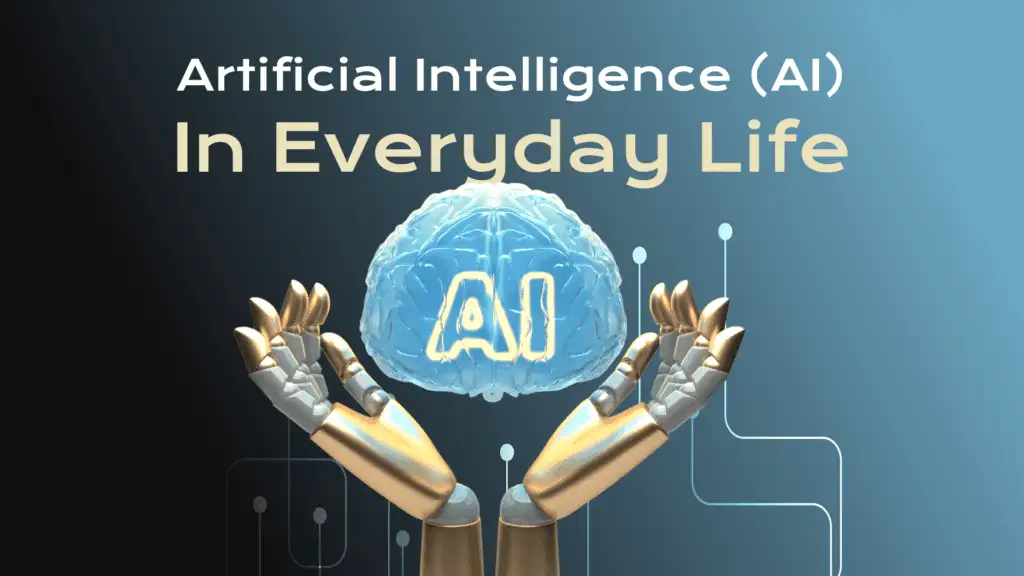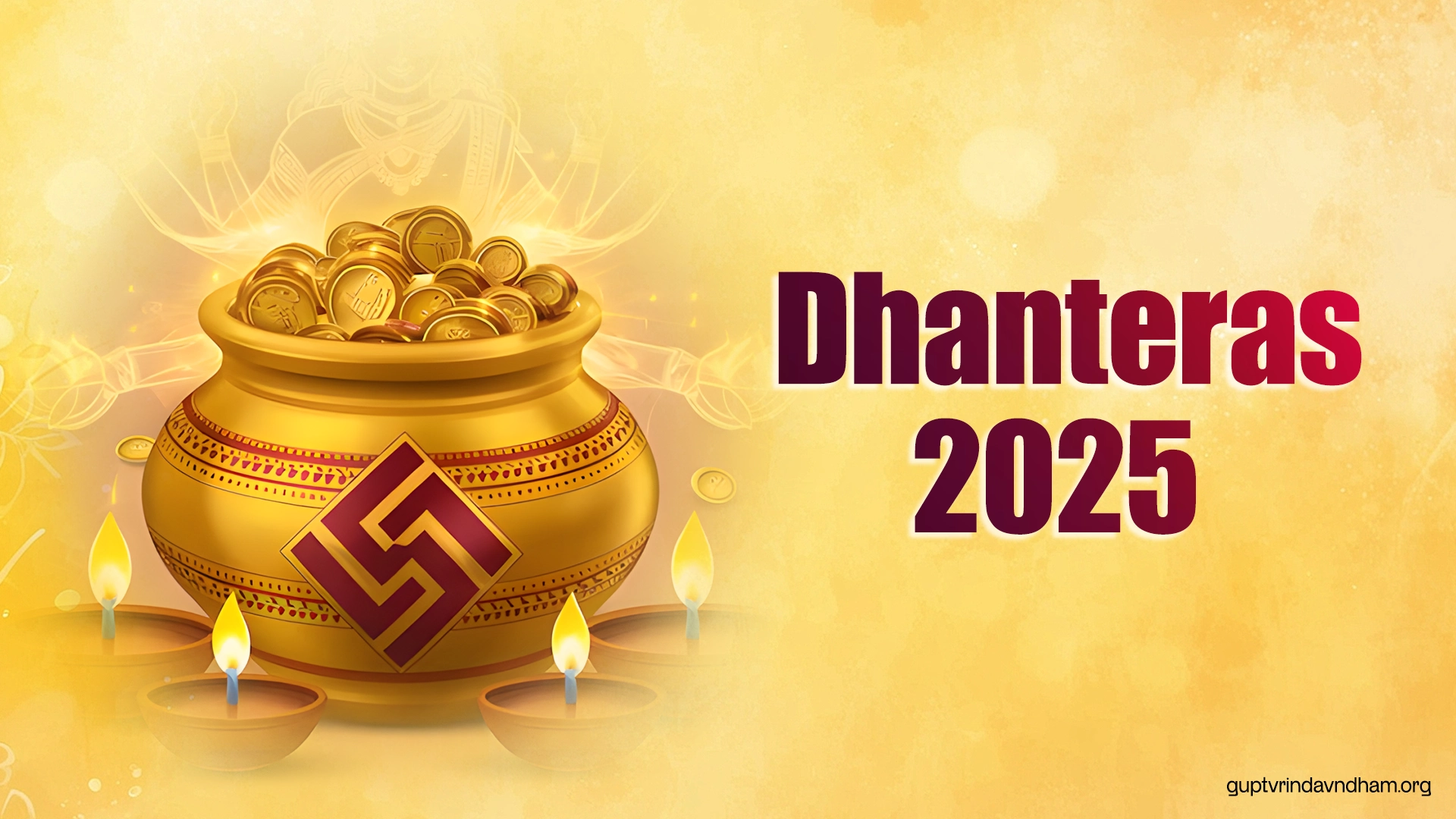Lights On, Crackers Off: Supreme Court’s Green Diwali Order

Introduction
This Diwali could be different. A shift is in motion — light on crackers off Supreme Court Diwali is not just a slogan, but a policy direction. The Supreme Court has permitted regulated use of green crackers in Delhi-NCR between October 18 and 21, marking an attempt to balance tradition with environmental concerns.
For years, Delhi’s air quality dipped to hazardous levels after Diwali. Now, the top court seems to be charting a new path: allow celebrations, but with restrictions. Let’s unpack what this “new kind of Diwali” means.
What the Supreme Court Has Decided
- The court has allowed sale and bursting of green firecrackers in Delhi-NCR from October 18 to 21.
- It emphasized strict regulation: crackers must be CSIR-NEERI certified, include QR codes for traceability, and be sold only at designated points.
- Usage windows are limited. Violations or unauthorized crackers may be seized, and licences cancelled.
- The court warned that smuggled or non-compliant crackers can cause more pollution than the green ones.
- Meanwhile, pollution control boards and state authorities were directed to monitor air quality and submit reports during the festival period.
This is effectively a trial relaxation of bans that have existed in parts for years. It aims to test whether regulation and oversight can let Diwali and environment coexist.
Why This Shift Matters
- Attempting Balance
For many, bursting crackers is integral to Diwali’s joy. The court’s order signals it doesn’t intend to snuff out that tradition altogether, but to channel it in an eco-friendly way. - Public Health and Environment
Green crackers emit less pollutants (but not zero). Experts caution that even these produce ultrafine particles (PM1) that can harm lungs. The court’s order is an experiment in mitigating harm while respecting customs. - Enforcement and Compliance
Relaxation only works if rules are enforced. QR-code tracking, surprise inspections, and removing counterfeit crackers are all part of that. The challenge will be ensuring no loopholes. - Signaling for the Future
If successful, this may become a model for future festival regulations across Indian cities. It might herald a change where lights, diyas, and eco-friendly celebrations become more standard than loud fireworks.
Challenges and Criticisms
- Green is not harmless
Even green crackers release harmful chemicals. They reduce pollution, but don’t eliminate it. - Risk of smuggling & black market
Banned or unregulated crackers from outside may flood markets. Ensuring only verified ones reach people is tough. - Enforcement burden
Police, pollution boards, and local authorities must coordinate. Monitoring, sampling, and penalizing non-compliance will be resource intensive. - Public awareness gap
Many may not realize the difference between green and conventional crackers. Education will be needed for compliance. - Equity issue
People in affluent areas may adhere more easily; lower income areas may already suffer from poor air quality, making enforcement and impact uneven.
What Citizens Can Do
- Buy only certified crackers with QR codes.
- Burst within the allowed time slots.
- Avoid importing crackers from outside prescribed zones.
- Report violations or misuse via official channels.
- Prefer lights, diyas, and celebrations without fireworks for safer festivities.
If communities adopt this mindset, Diwali may evolve from “boom and smoke” to “glow and grow.”
Conclusion
Lights On, Crackers Off isn’t about banning Diwali. It’s about reimagining it. The Supreme Court’s order is a measured step — a tryout to see if celebrations can align with clean air.
If enforcement works, this may be the start of a new festival ethos: where joy doesn’t cost our lungs. This Diwali, we may just witness a turning point — one where tradition meets responsibility under the courts’ watch.









